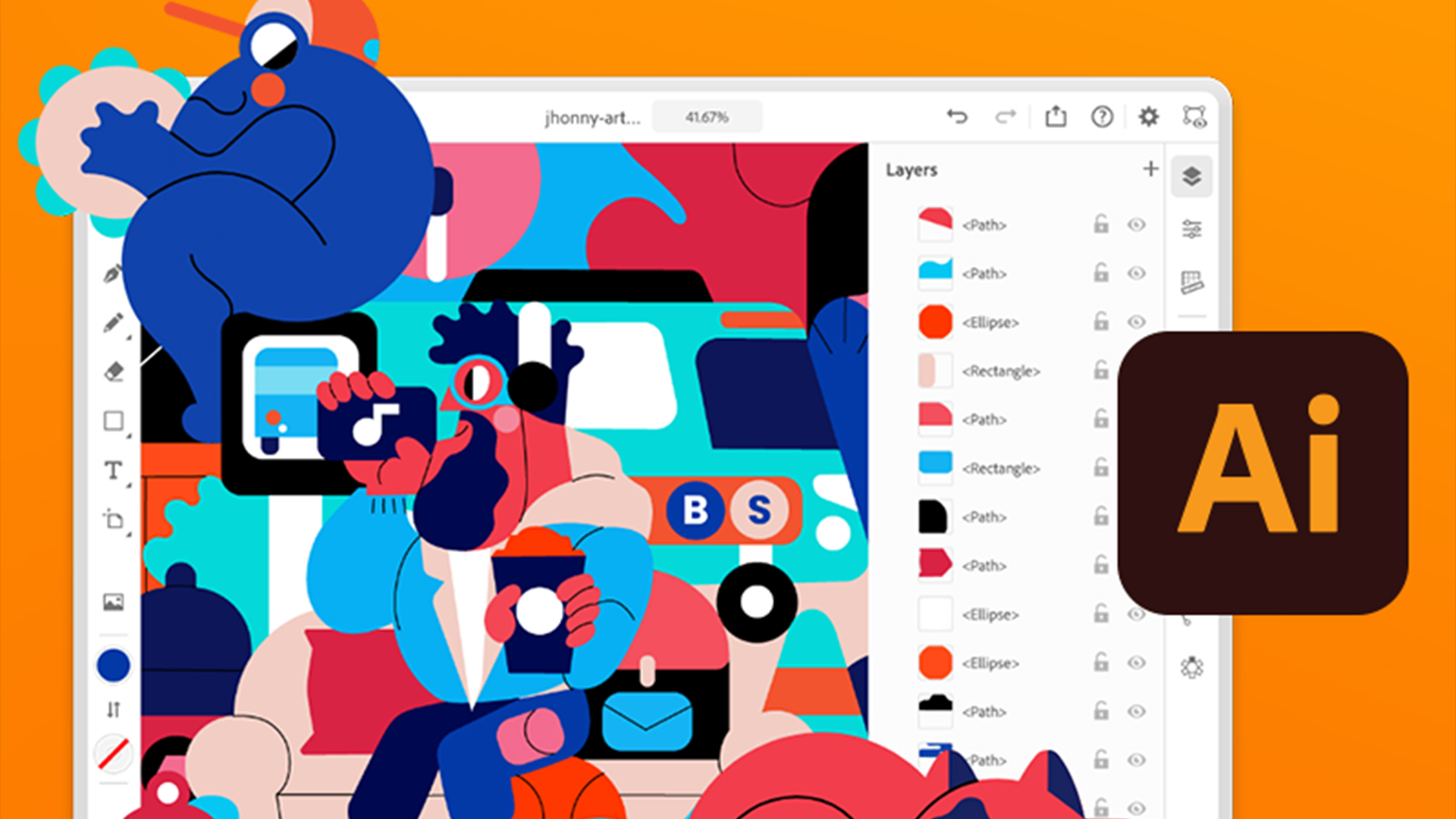While creativity and talent are vital, honing your technical proficiency and staying abreast of industry trends are equally crucial. Building a strong foundation in communication, time management, and business acumen is essential for a successful career in illustration. But what about the less obvious skills that can set you apart and propel your artistic journey forward? Stay tuned to uncover the nuanced abilities that can elevate your craft and open doors to exciting opportunities in the world of illustration.
Passion for Art and Growth
To blossom as an illustrator, nurturing a fervent love for art and a relentless drive for personal growth is paramount. Your journey as an artist is fueled by your drive and dedication to continuously improve. Embracing a growth mindset allows you to push your artistic boundaries, leading to unparalleled artistic fulfillment. Your career commitment to the craft stems from a deep-seated artistic passion that propels you forward.
Having a passion for art ignites your creative spark and motivates you to strive for excellence in every stroke of the brush. Your unwavering dedication to honing your skills sets you apart in the competitive world of illustration. Embracing a growth mindset means viewing challenges as opportunities for learning and development, fostering a mindset that is open to new ideas and techniques. Your artistic passion is the cornerstone of your success as an illustrator, driving you to new heights of creativity and achievement.
Developing a Unique Style
Developing a unique style in illustration requires dedicated exploration and deliberate practice to carve out your distinct artistic identity. Begin by engaging in style experimentation and artistic evolution. Creatively explore different techniques while analyzing current trends in the industry. This process will aid in developing your signature aesthetic and visual identity. Strive for artistic innovation that maintains industry relevance, balancing personal expression with market appeal.
To cultivate a unique style, avoid simply copying others’ work. Remember that this journey takes time and effort. Embrace deliberate exercises aimed at discovering your style and ensuring its relevance for publishing. Stay informed about the latest trends in illustration to infuse freshness and contemporary elements into your work. By blending personal flair with industry demands, you can create illustrations that not only showcase your individuality but also resonate with a wider audience.
Effective Communication and People Skills
As you refine your unique illustration style, honing effective communication and people skills becomes paramount for establishing strong connections with clients and collaborators. To excel in this area, consider the following:
- Bold Questioning: Don’t hesitate to ask insightful and probing questions to fully understand your clients’ needs and expectations.
- Client Rapport: Building a strong relationship with your clients fosters trust and can lead to long-term collaborations.
- Rate Clarification: Clearly defining your rates and discussing budgets upfront ensures transparency and avoids misunderstandings.
Developing these skills will not only help you navigate client interactions smoothly but also showcase your professionalism and commitment to quality work. Remember, being open to seeking guidance and help when needed demonstrates a willingness to grow and improve in your craft.
Professional Relationships and Mentorship
Establishing strong professional relationships and seeking mentorship are vital steps towards advancing your career as an illustrator. Mentorship benefits you by providing valuable insights, constructive feedback, and guidance from experienced professionals in the field. Networking tips help you connect with peers, industry experts, and potential clients, expanding your opportunities for collaboration and growth. Peer relationships foster a supportive environment where you can exchange ideas, learn from others, and enhance your skills through shared experiences. Learning from others allows you to gain different perspectives, improve your techniques, and stay inspired in your artistic journey. Skill development through guidance ensures that you receive personalized advice, practical knowledge, and encouragement to reach higher levels of proficiency. By surrounding yourself with skilled individuals, you create a fertile ground for personal and professional development, propelling you towards success in the competitive world of illustration.
Time Management and Adaptability
Efficiently managing your time and adapting to varying demands are essential skills for navigating the dynamic landscape of the illustration industry. In this fast-paced field, balancing priorities, optimizing your time, and maintaining a flexible approach are crucial for your success. Here’s how you can excel in time management and adaptability:
- Balancing priorities: Juggling multiple projects and deadlines requires a keen sense of what needs immediate attention and what can wait.
- Flexible approach: Being open to different styles, techniques, and client preferences allows you to adapt your work to meet diverse needs effectively.
- Time optimization: Streamlining your workflow, setting realistic goals, and eliminating time-wasting activities are key to maximizing productivity.
Business Acumen and Financial Management
Balancing your artistic passion with a solid understanding of business principles and financial management is crucial for a sustainable and successful career in illustration. To excel in this aspect, you need to master various skills such as understanding pricing strategies, negotiation techniques, drafting contracts and agreements, self-promotion tactics, and implementing financial management strategies for long-term sustainability.
| Business Acumen and Financial Management |
|---|
| Understanding pricing |
| Negotiation |
| Contracts |
Understanding pricing involves valuing your work appropriately to reflect its quality and market demand. Negotiation skills are vital for securing fair deals and collaborations. Contracts play a pivotal role in protecting your rights and clarifying project details. Self-promotion helps in showcasing your unique style and attracting clients. Effective financial management ensures a stable income and growth opportunities. By honing these skills, you can navigate the business side of illustration with confidence and ensure a prosperous career.
Technical Proficiency and Continuous Learning
To achieve mastery in illustration, you must continuously enhance your technical proficiency and embrace a commitment to lifelong learning.
- Software Proficiency: Mastering illustration tools and software is crucial for efficiency and staying competitive in the industry.
- Skill Development: Constantly honing your illustration techniques and software skills is essential for growth and innovation.
- Printing Processes and Art Mediums: Understanding various printing processes and experimenting with different art mediums can expand your creative repertoire.
Ensuring that you meet industry standards and stay updated with the latest trends will set you apart as a skilled illustrator. Embrace continuous learning to refine your mastery of tools, explore new illustration techniques, and adapt to evolving software skills. By integrating creative techniques with technical proficiency, you can elevate your craft and thrive in the dynamic world of illustration.




